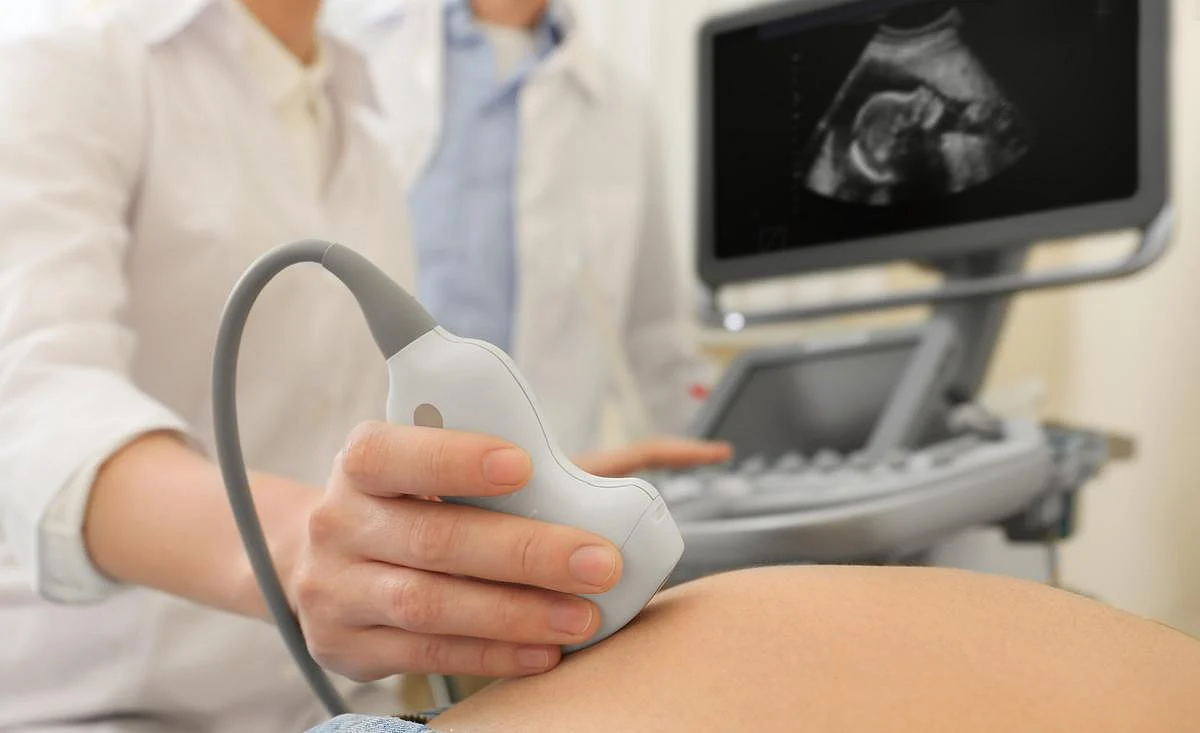Study reveals better outcomes when cerebroplacental ratio guides decision for expedited birth
By Lori Solomon HealthDay Reporter
THURSDAY, July 17, 2025 (HealthDay News) — An additional ultrasound measurement to assess resistance in fetal blood vessels can improve the decision of whether to expedite birth when a woman in the final stage of pregnancy perceives less fetal movements, according to a study published online July 10 in The Lancet Obstetrics, Gynaecology, & Women’s Health.
Laura A. Lens, M.D., from the University of Groningen in the Netherlands, and colleagues randomly assigned women with singleton pregnancies in the cephalic position with perceived reduced fetal movements at term to either cerebroplacental ratio (CPR)-based management (revealed group) or care as usual (concealed group). Expedited birth was performed for CPR <1.1 and expectant management for CPR ≥1.1. A total of 1,684 women were included in the analysis.
The researchers found that 12 percent of women who received CPR-based management and 15 percent of women who received care as usual experienced the composite of adverse perinatal outcomes (stillbirth, neonatal mortality [<28 days], five-minute Apgar score <7, umbilical artery pH <7.10, or emergency birth for fetal distress or severe neonatal morbidity [relative risk, 0.76]). There were no stillbirths, and there was one neonatal death in each group. There were 12 serious adverse events in the revealed group versus 14 in the concealed group. None of these adverse events were assessed as related to the study procedure by the local principal investigator, the medical ethics board of University Medical Centre Groningen, and the data safety monitoring board.
“If doctors know the CPR result, they can better determine whether reduced fetal movement is harmless or requires action,” lead author Sanne J. Gordijn, M.D., Ph.D., also from the University of Groningen, said in a statement. “This ensures that both mother and baby receive the care best suited to their situation.”
Several authors disclosed ties to relevant organizations.
Abstract/Full Text (subscription or payment may be required)
Copyright © 2025 HealthDay. All rights reserved.








